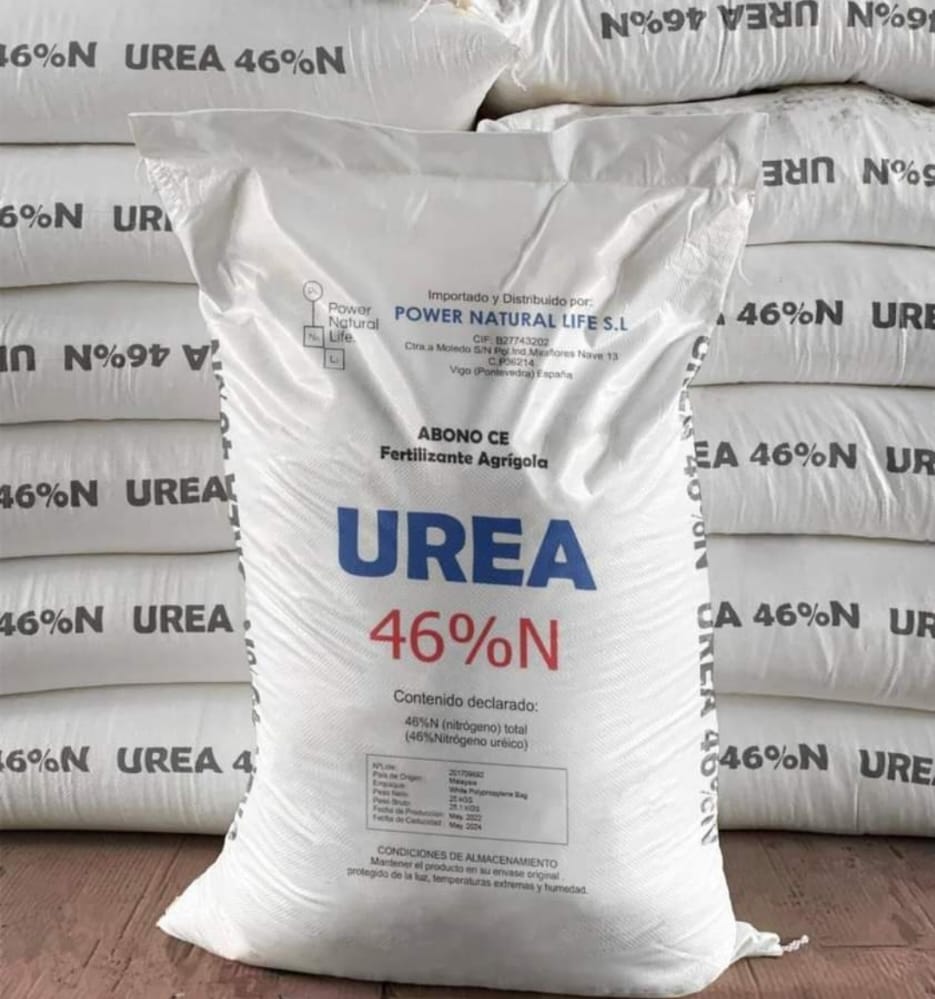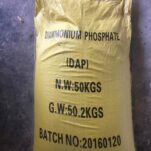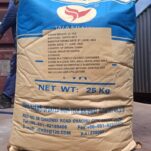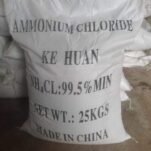Description
- Applications:
- Fertilizers: Urea is one of the most widely used nitrogen fertilizers in agriculture. It provides plants with a readily available source of nitrogen, which is essential for their growth and development. Urea can be applied to the soil directly or used as a component in blended fertilizers.
- Industrial Uses: Urea is used in various industrial processes, including the production of resins, plastics, adhesives, and cosmetics. It serves as a raw material for the synthesis of other organic compounds, such as urea-formaldehyde resins and melamine.
- Animal Feed: Urea is sometimes used as a feed additive for livestock to supplement their dietary nitrogen intake. However, its use in animal feed is regulated due to concerns about toxicity at high levels.
- Chemical Reagent: Urea is employed as a chemical reagent in laboratories for various purposes, such as protein denaturation, enzyme assays, and molecular biology techniques.
- Deicer: Urea can be used as a deicing agent to melt ice and snow on roads and sidewalks. Its ability to lower the freezing point of water makes it effective for deicing applications.
- Benefits:
- Efficient Nitrogen Source: Urea provides plants with a concentrated and readily available source of nitrogen, which promotes healthy growth and higher yields.
- Versatility: Urea can be used in various forms and applications, making it a versatile nitrogen fertilizer and industrial chemical.
- Cost-Effectiveness: Urea is relatively inexpensive compared to other nitrogen fertilizers, making it a cost-effective option for farmers and industrial users.







Reviews
There are no reviews yet.